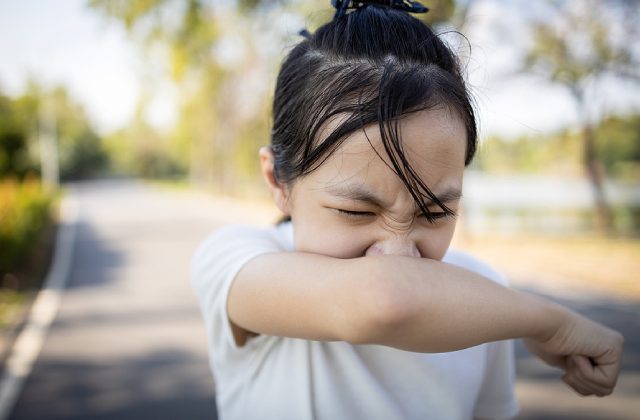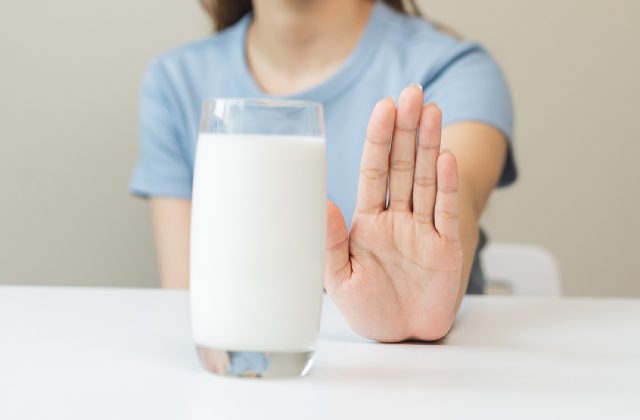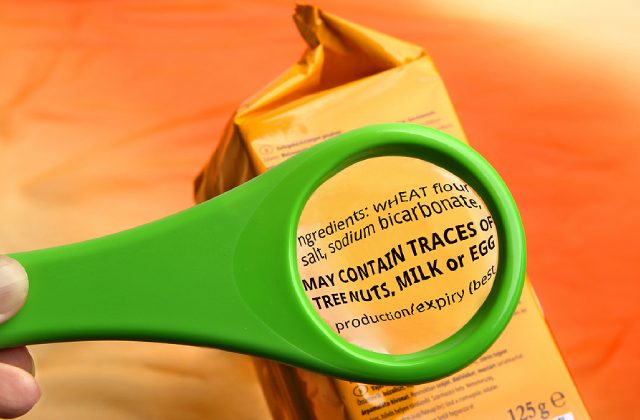
Medication doesn’t always soothe signs of your child’s illness—sometimes, it causes adverse reactions instead.
There are several possible reasons for these negative reactions, with one of them being a drug allergy, where the immune system mistakes the foreign substance as dangerous and thus releases inflammatory chemicals like histamines.
Drug Allergies in Children
Any medication, regardless of type (prescription, non-prescription, or herbal) and application (topically, orally, or injected), can cause an allergic response. Common drugs that trigger allergies in children include:
- Antibiotics, such as penicillin
- Fever or painkiller medications like NSAIDs (e.g. ibuprofen or voltaren)
- Sulfa drug
- Anti-seizure medication
- Vaccines
- Chemotherapy drugs
Some symptoms to look out for include:
- Hives, itching, or rashes
- Swollen lips and throat
- Difficulty breathing
- Abdominal pain
- Nausea and vomiting
Some children may experience more severe reactions, such as asthma and anaphylaxis, which are life-threatening and require immediate medical attention.
Note that your child may have a drug allergy even if they do not experience any symptoms the first time they take the medication. Sometimes, it takes repeated exposures for the immune system to produce antibodies that release chemicals to defend against the drug.
Adverse Drug Reactions: Drug Allergy vs. Side Effect
Because both side effects and drug allergies cause discomfort, one is often mistaken for the other. However, they are distinct conditions that require different management and treatment practices.
If it’s a side effect, your child is more likely to experience:
- Reduced energy
- Muscle aches
- Difficulty sleeping
- Headache
- Coughing
These symptoms are typically indicated on the medicine’s drug label.
Additionally, side effects do not worsen with subsequent doses. For some children, symptoms may subside as their body becomes accustomed to the medication. On the other hand, drug allergies typically get worse each time the medication is taken.
Drug Allergy Diagnosis
Your child’s doctor would typically ask for details such as personal and family history, type of drug taken, and amount of exposure to the drug. They may also suggest a skin or blood test for further evaluation, though these tests are not always reliable.
How to Manage Your Child’s Drug Allergies
Your child should avoid the medication causing an adverse reaction. Hence, we recommend that you completely throw out the drug and check the labels on all the products you buy—it is essential to memorise the trade and generic names of the medication so you can steer clear of it. You should also ensure that your child’s healthcare providers and carers know about their allergy and how to manage it.
Additionally, you should consult your child’s paediatrician or pharmacist to see if there are other medications they can take to manage their reactions. For example, you might be given antihistamines or epinephrine in case of emergency.
If there are no alternatives for the medicine, your child might have to go through a process of desensitisation, where increasing dosage of the medicine is taken, allowing for a temporary state of tolerance.
Conclusion
As with any other allergy, drug allergies are an immune response that may sometimes be life-threatening. Hence, it helps to know what symptoms to look out for and how to manage an adverse reaction. It is also best to visit a paediatric clinic in Singapore, such as Petite Practice, for allergy testing and allergy management services.



